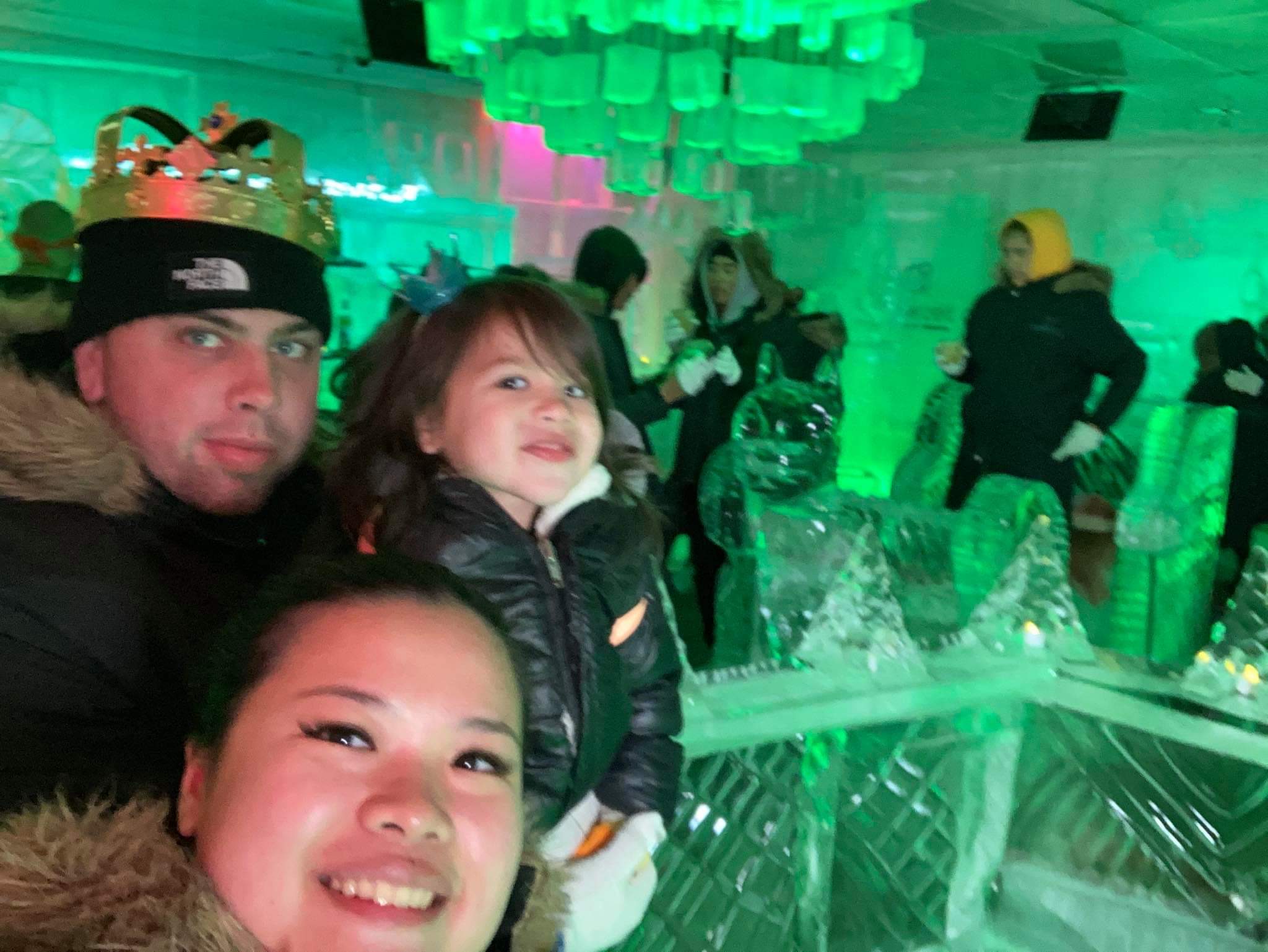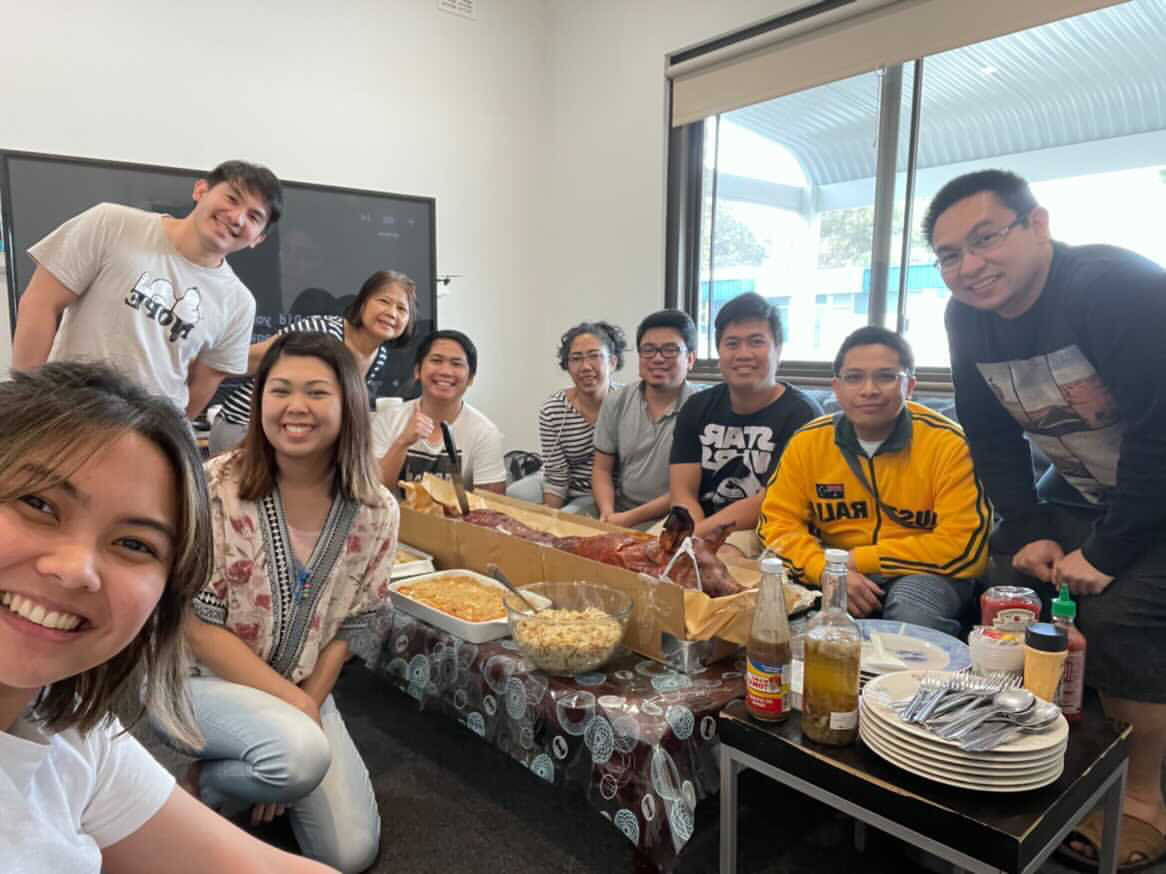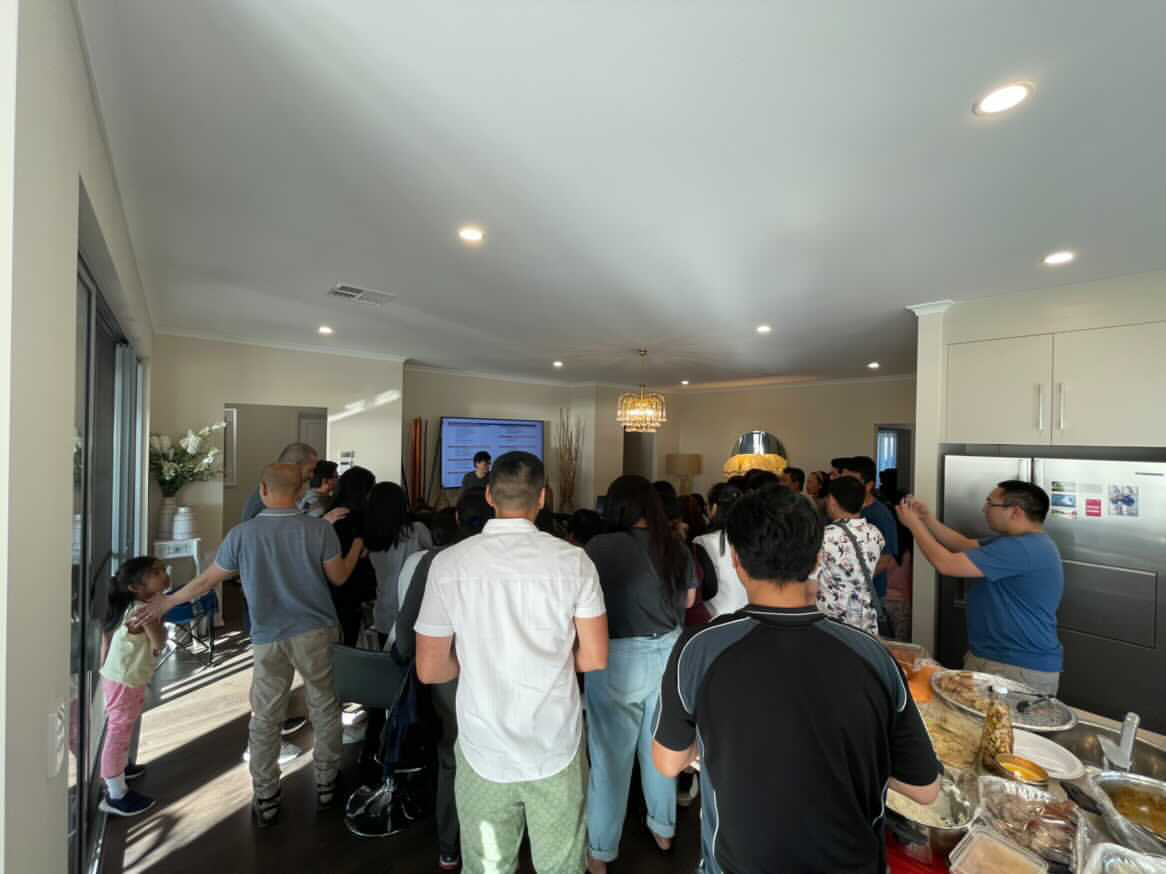Pinoys share what it’s like living in COVID-free New Zealand and few-COVID Australia
The number of coronavirus cases in the Philippines continues to go up, with a total of 454,447 as of today, Dec. 18—25,695 of which are active.
Of the total cases, 419,902 have recovered, while 8,850 have died from the disease.
The first case was recorded late January and as we see spikes occurring, other countries have gone back to normal by keeping their coronavirus count down.
Taking inspiration from this article on BuzzFeed News, I thought of interviewing my good friends who are currently living in New Zealand and Australia about how these countries are successfully turning the crisis around.
New Zealand has been unconventional in “crushing the curve,” as told by the World Health Organization (WHO), with a strategy that focused on “speedy testing, contact tracing and isolation, while rigorously adhering to public health guidance.” Yesterday, The Guardian reported that it has secured about 15 million doses of the coronavirus vaccine from four providers: 750,000 courses from Pfizer, 5 million from Janssen, 3.8 million from Oxford/AstraZeneca and 5.36 million from Novavax as part of the country’s “largest-ever immunization programme.”
Sophia Nietes, a 24-year-old Pinay nursing student who has been living in NZ for six years now, says that things are 99% back to normal. “Everything is operating like it was pre-COVID and we currently have zero community cases. We could enjoy everything we used to pre-COVID such as going out for leisure, regional travel, and going to school,” said Nietes. “There’s a remaining 1% because we have to wear masks in public transportation such as buses, ubers, and airplanes.”
She expressed her happiness over the nation’s coronavirus status as she’s able to see her nearest and dearest more often. “Having the intercity travel restrictions was really difficult because my family lives four hours away from me,” she mused. “It’s great that we are able to travel again now. I have travelled to see my loved ones about four times since the first lockdown and have even flown to Queenstown for a holiday.”

How did she personally contribute to the nation’s COVID success? “I strictly abided by the lockdown rules, stuck to my ‘bubble,’ and only went out for essentials,” she said. It’s also interesting to note that while the government was mainly strict with their mask mandate in public transportation, she still made it a point to wear a mask outside to protect herself and the people around her.
“Working in the healthcare sector, I have also made a conscious effort to observe strict hand hygiene and to stay home and get tested whenever I had flu like symptoms,” she added.
For Nietes, a lot of credit goes to the “structured and organized government response” led by Prime Minister Jacinda Ardern. “Closing the borders early helped a lot and putting the country into lockdown immediately after the first occurrence of community cases prevented the spread. Free COVID-19 testing was also made accessible to everyone living in New Zealand.”
I also came across this viral video posted on Instagram, showing how “normal” it is now in Australia. According to Reuters, its most populous state has started “removing limits on the number of people at weddings, bars and religious services and end a ban on public venue dancing.”
Here’s the situation in Sydney, Australia as of Dec. 10:
Australia has 28,071 cases with 25,696 recovered, and 908 deaths. Yesterday, Dec. 17, it had only 12 new cases.
Twenty-four-year-old pre-school teacher Faith Vidanes—who is currently pursuing further studies in Adelaide—shared that while there are still COVID-19 restrictions in her area, they are quite lenient especially with mass gatherings. “With Christmas coming up, people are looking forward to spending it with their loved ones in the comfort of their homes,” she shared. “Even with a few restrictions, we don’t have to wear a mask when we’re outside.”


Australia has been pretty strict in terms of their health and safety measures since February. The first 2019-nCoV case in AUS was confirmed on Jan. 25. “The patient, a man from Wuhan, flew to Melbourne from Guandong on 19 January,” The Hon Greg Hunt MP, Minister for Health, announced. “Australia will continue to monitor the situation closely and continue to act on the best available evidence and advice.”
For Vidanes, the Australian government has consistently delivered a commendable COVID-19 response. “They were very efficient with contact tracing and mass testing was free as well,” she said.
“Big part yung role that the government played, of course. The citizens were just abiding by what they were saying. May mga nagrereklamo, but that didn’t stop the majority from following the rules,” continued Vidanes. “Another factor is they set a budget for businesses to keep running while there is a pandemic. Yung ayuda also was directly deposited to the accounts of their citizens. Meaning they didn’t have to line up, therefore less gatherings.”
Such are some of the lessons that the Philippines could learn as it pushes through with its efforts to become COVID-free. Most of its areas, including Metro Manila, are still under general community quarantine (GCQ). Just recently, the Inter-Agency Task Force (IATF) for the Management of Emerging Infectious Diseases has required the use of full face shields with face masks for those who are going out.
The COVID-19 vaccine is now being distributed in some parts of the world. While President Rodrigo Duterte has granted its emergency use authorization by signing Executive Order No. 121, there has been a controversy going around it, with Senator Panfilo Lacson alleging that it was Department of Health (DOH) Secretary Francisco Duque III who failed to submit an important document that could have paved the way for the Pfizer deal next month. Duque, however, has responded to the claim in an interview with ABS-CBN News Channel, saying, “I have the chronology of events so that this is all documented and there is no such a thing that I did not act quick enough."
Photos courtesy of the subjects


